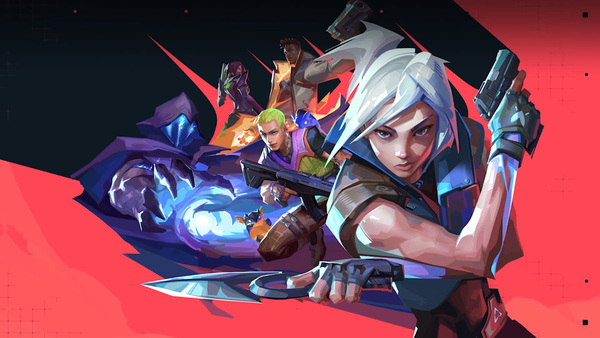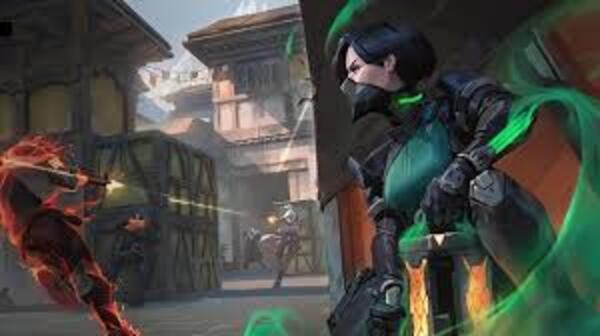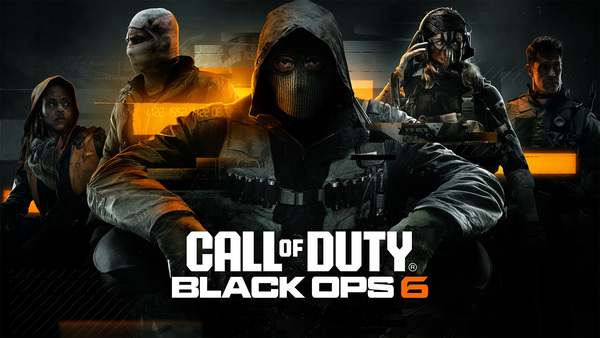Popular Now
Valorant, developed by Riot Games, is a tactical hero shooter that blends precise gunplay with unique agent abilities. It’s not just about aiming skills; it’s also about smart plays, map control, team synergy, and game sense. Whether you’re just starting out or looking to rank up, this comprehensive “how to” guide will walk you through mastering the game from the ground up.

1. How to Get Started with Valorant
Before diving into ranked matches or competitive play, you’ll need to set up your Valorant client and familiarize yourself with the basics.
Getting the Game Installed
Here’s a step-by-step guide to getting Valorant on your PC:
-
Visit the official Riot Games website.
-
Create a Riot Games account or log in.
-
Download the Valorant installer.
-
Run the installer and install the Riot Vanguard anti-cheat software.
-
Launch the game from the Riot launcher.
Once installed, open Valorant to access various game modes such as Unrated, Competitive, Spike Rush, and Deathmatch. Start in the Practice Range to get a feel for controls, aiming, and abilities.
2. How to Choose the Right Agent for Your Playstyle
Valorant features a roster of agents categorized by roles. Picking the right one can greatly enhance your effectiveness on the battlefield.
Understanding Agent Roles
There are four main agent categories:
-
Duelists (e.g., Jett, Reyna): Fragging-focused agents who lead the charge.
-
Initiators (e.g., Sova, Skye): Disrupt and scout for the team.
-
Sentinels (e.g., Sage, Killjoy): Defenders who anchor sites.
-
Controllers (e.g., Omen, Viper): Zone manipulators using smoke and barriers.
If you’re aggressive and enjoy entry-fragging, start with a Duelist. If you prefer support and control, try a Sentinel or Controller. Test each in Unrated mode to see what fits your strengths.
3. How to Practice Aiming Effectively
Good aim separates great players from average ones. Valorant rewards headshots and precision, so aim practice is essential.

Use the Practice Range
Make use of Valorant’s built-in range to improve muscle memory. Here are some drills to follow:
-
Use the "Shooting Test" to practice flicks and reaction time.
-
Use bots at varying distances to work on headshots.
-
Try the Spike Defuse mode to simulate in-game pressure.
Third-party tools like Aim Lab and Kovaak’s also offer customizable routines. A 15–30 minute daily session can drastically improve your accuracy and reflexes over time.
4. How to Communicate with Your Team
Valorant is not a solo game. Coordination often wins rounds even when individual skill doesn’t.
In-Game Communication Best Practices
Make concise and clear callouts. Here’s what to communicate:
-
Enemy positions: “One pushing B long” or “Two mid.”
-
Utility used: “Sova used drone A short.”
-
Plans and rotations: “Rotate to B” or “Hold A push.”
If you’re not using a mic, the ping system (Alt + Click) and text chat are still powerful tools. Communication builds trust and leads to better synergy.
5. How to Play Each Map Strategically
Every map in Valorant has its own structure, callouts, and strategies. Learning them is crucial for advanced play.
Focus on Callouts and Choke Points
Here are some universal map tips:
-
Learn standard callouts like "Heaven," "Hookah," "Garage," etc.
-
Control choke points with smokes or traps to slow enemy pushes.
-
Use utility to block sightlines or fake site pressure.
Play custom games or watch high-ELO streamers to understand common tactics on each map. Knowing where to pre-aim and what corners are risky makes you more dangerous and survivable.
6. How to Manage Your Economy
Managing credits in Valorant is as important as fragging. One poor buy can put your whole team at a disadvantage.

Know When to Buy, Save, or Force
Understanding the buy phase can help you and your team stay competitive:
-
Full Buy: Buy rifles and full armor when credits allow.
-
Eco Round: Save money after a loss or when low on funds.
-
Force Buy: Buy with what you have when the round is crucial or it's the last round of the half.
Coordinate buys with your team. Don't be the one player buying a rifle while everyone else is saving—it leads to lopsided fights.
7. How to Use Utility Efficiently
Abilities are what make Valorant unique. Knowing when and how to use them separates average players from smart players.
Common Utility Mistakes to Avoid
Avoid these errors to get more value from your utility:
-
Don’t waste flashes or smokes without a plan.
-
Time utility to support entry or delay enemies.
-
Save impactful abilities (like ultimates) for key rounds.
Coordinate with your team for maximum effect. For example, Brimstone’s smokes can be used to block sightlines before a breach, and Sage’s wall can delay defuses or pushes. Think strategically, not just reactively.
8. How to Master the Ranked Climb
Ranked play is the ultimate test of everything you've learned. However, climbing takes patience and focused effort.
Ranking Up Tips
Here are some strategies for ranking up consistently:
-
Stick to one or two agents to develop mastery.
-
Play during times when you’re most alert and focused.
-
Maintain a positive attitude, even in losing streaks.
Ranking up isn’t just about kills. Impactful plays, utility usage, and communication all contribute to your rating. Be a good teammate and results will follow.
9. How to Analyze and Learn from Your Mistakes
Improving in Valorant involves self-awareness. Reviewing your gameplay is essential to identify bad habits and missed opportunities.
How to Review Your Games
Use a checklist for post-game reviews:
-
Did you overextend without backup?
-
Were your deaths early in the round?
-
Did you waste utility without helping your team?
Record your matches with OBS or use Valorant’s replay features (when available). Look at clutch situations and losses to pinpoint what you could’ve done better. Focus on improving one issue at a time.
10. How to Stay Consistent and Mentally Sharp
Valorant can be mentally taxing, especially during ranked marathons. Managing your mental game keeps you consistent and positive.

Maintain a Positive Mental State
Here are some tips for staying mentally strong:
-
Take breaks every few games to reset.
-
Avoid playing when tired or angry—tilt ruins performance.
-
Use music, deep breathing, or short walks to calm nerves during pressure moments.
The best players train not only their aim and strategy, but also their mindset. A calm, confident player outperforms a frustrated, distracted one every time.
Conclusion
Mastering Valorant is a long-term journey, requiring both skill and intelligence. From setting up the game and selecting your ideal agent to sharpening your aim, mastering maps, coordinating with your team, and climbing the ranked ladder, each aspect plays a vital role in your growth.
Remember: improvement comes from consistency and awareness. Take one skill at a time—be it better crosshair placement, smarter economy usage, or tighter callouts—and refine it through daily play and reflection. With persistence and a positive mindset, you'll not only climb the ranks but also enjoy the game to its fullest.



















